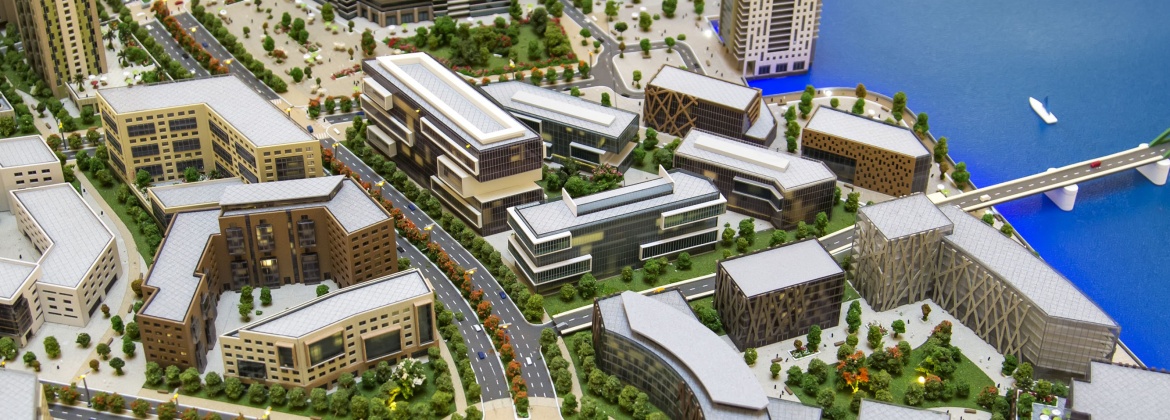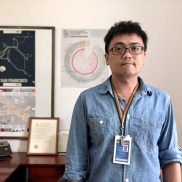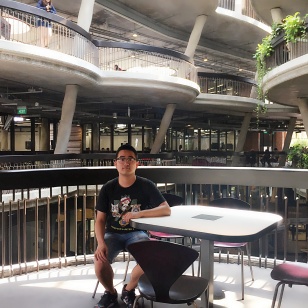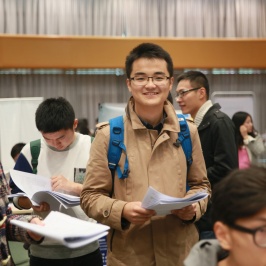- Theory and Practice of Urban Regeneration
- Governance and Finance of Urban Regeneration
- Politics, Society and Participation
- Place-making and Urban Design

The MSc Urban Planning programme, offered by the Department of Urban Planning and Design at XJTLU, provides you with an international grounding in urban planning that is centred on the theme of urban regeneration.
The MSc Urban Planning programme provides you with an international grounding in urban planning centred on the theme of urban regeneration.
The world is experiencing unprecedented urbanisation in terms of the speed and nature of growth. One of the key issues for future practitioners will be how to deal with the challenge of reusing, transforming and regenerating the existing urban fabrics of megacities and regions in order to make cities more sustainable and resilient.
The programme suits students from a range of different backgrounds and it is not limited to those with an urban planning undergraduate degree. Through the programme you will gain the interdisciplinary knowledge and skills required to become an urban planner, capable of tackling urban regeneration challenges in diverse contexts, and of providing a vision for future cities.
By the time you graduate from the MSc Urban Planning, you will have:

The university offers a broad range of activities aiming to enrich master students’ theoretical and experiential learning and professional development. Trainings, workshops and seminars, covering varieties of themes and topics, both generic and subject-specific, are often offered at both university and school/department levels. You may also be provided with opportunities to work as a teaching assistant, research assistant, or intern at XJTLU. Depending on the programme, field trips and company visits may be organized, and invited talks may be given by the industrial experts and professionals. Such activities will not only support you in your programme study, but also develop your personal and professional skills and enhance your overall employability.

Graduates from this programme are well prepared for careers in a range of areas including urban planning, policy development, urban design, and property development. Graduates may also find employment with community groups as an advocate to give them a voice in built environment decision-making processes, or with local and central government, and non-governmental organisations both national and international.

